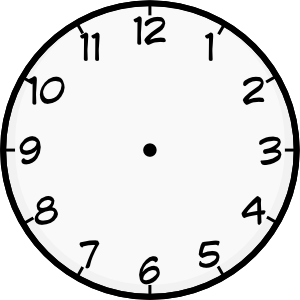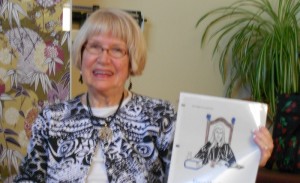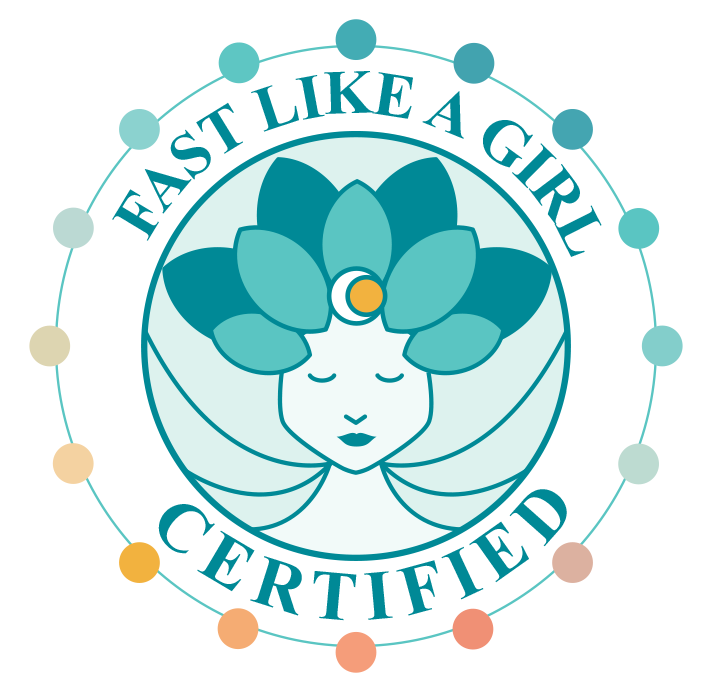Empower Yourself and Others in Difficult Situations
Habit is stronger than reason.
To make a habit of saying what we want to say in an effective way, we may be searching for words at first, and Marian provides us with examples.
Then we do it better each time with practice. If we forget, the best approach is to be kind to ourselves and know we will do better the next time.
“If I want something I have never had,
I must be willing to do something I have never done.”
On Saturday, April 21, Marian Sjostrom presented in my office her Wordshop – no, that is not a typo, it is about words – which she is very passionate about. We had lively conversations about words and their subtle meanings and presented situations from our lives to find better word choices. I would like to share a few insights she taught.
How do you feel about that?
When someone has accomplished a task, this is a great way to let them recognize their own feelings and build their self-esteem. Marian says this works especially well with children. The child will be able to reflect on his/her own feelings about the project and differentiate when s/he has given a best effort and when just enough is done to get by.
We might even say, “I feel very proud of your project. How do you feel about it?”
Accomplishments are their own reward. We can feel many ways about accomplishing something, and it reinforces our internal worth, although our worth is not defined by it.
We don’t need outside acknowledgement, thanks, or praise to feel worthy. When we do get the acknowledgment, thanks, or praise, it is icing on the cake, because we first know that we feel good about it, then recognize others see that too.
Freeing up boundaries on our abilities
When we change the words we use to describe ourselves and our beliefs, we change our lives. Phrases such as:
- I can’t do that
- I never get . . .
- I always lose . . .
- I don’t know . . .
- There is always something wrong with . . .
limit our abilities, and therefore our experience of life. They reflect self-defeating beliefs about ourselves. The more we say these things, the more we believe them. Then they become self-fulfilling statements.
In addition, when people around us say them, we participate in their defeated position unless we say something that can help them get unstuck. The magic words Marian teaches are:
up until now.
Add this phrase to the end of a limiting statement you just heard in your head or you heard your friend way. That keeps the limitation in the past where it cannot affect us – and frees us up to experience a different outcome, an improvement of life.
- This job is difficult . . . up until now.
- I always get a cold when it is going around . . . up until now.
- I never go on nice vacations . . . up until now.
Now, let’s give it a whirl. Next limiting thought you catch or limiting statement you hear, add “up until now.”
In addition, let’s practice saying positive phrases instead. When saying them out loud, it confirms with our bodily senses that we are changing.
Staying Open – Non-defensive
There are a few words that can completely change how we relate to others. In situations where someone disagrees with our point of view, or says something is our fault, or in any way gets us to a place in which we feel the need to defend ourselves, there is a way to stay open.
Marian shared that in the past she thought that defending herself was the only way to respond. She thought it was all her fault, and she must be wrong if someone disagreed with her. She was able to move from a constantly defensive person to one with personal power with the gift of a few special words.
” That’s how it seems to you.” – or – “That’s your opinion.”
With these words, we can stay open and still hold our own beliefs. We can accept differing opinions without feeling attacked. We do not have to convince anyone we are right and they are wrong. We do not have to prove our point of view. We can accept that what they believe is just that, what they believe. We confirm in a non-judgmental way the other person’s belief without saying it is right or wrong. We take care of ourselves.
People who say things so that we will defend ourselves want to feel justified about their comments. When we do defend ourselves, they have confirmation that they are right. In reality, it is a situation where no one is right or wrong, simply there are two different opinions.
Dealing with people venting in anger
A great tool to use when someone is angry, and not at us, is to say the word “and” after every statement the angry person makes. By continuing to say “and” in a neutral tone of voice, we draw out the angry person so that they express everything they are able to get in touch with. This allows the release of great quantities of anger and frustration.
Then, in the best-case scenario, the angry person can come up with some answers.
Now, Marian has very specific and detailed ways of dealing with a person angry with us. I will refer you to her book “Take Charge of Your Life – NOW” and her Wordshops.
Going Further
In addition, Marian has words as tools to handle criticism. She describes what it is to be assertive and gives a formula for standing up for our rights without violating anyone else’s.
Marian enumerates our five rights and distinguishes assertive from passive from aggressive. She helps us out of conflict or competitive situations with word formulas. She goes into depth about accountability, and the value of stating just the facts. Marian has ways to empower others in difficult situations. She even has tips to help us before facing a difficult situation.
And, we all should practice the phrase “pass the butter” – and just why is a secret you can find out in Marian’s book.
Thank you, Marian Sjostrom!
I agree with you that “Communication Matterz” and I will be practicing this!









